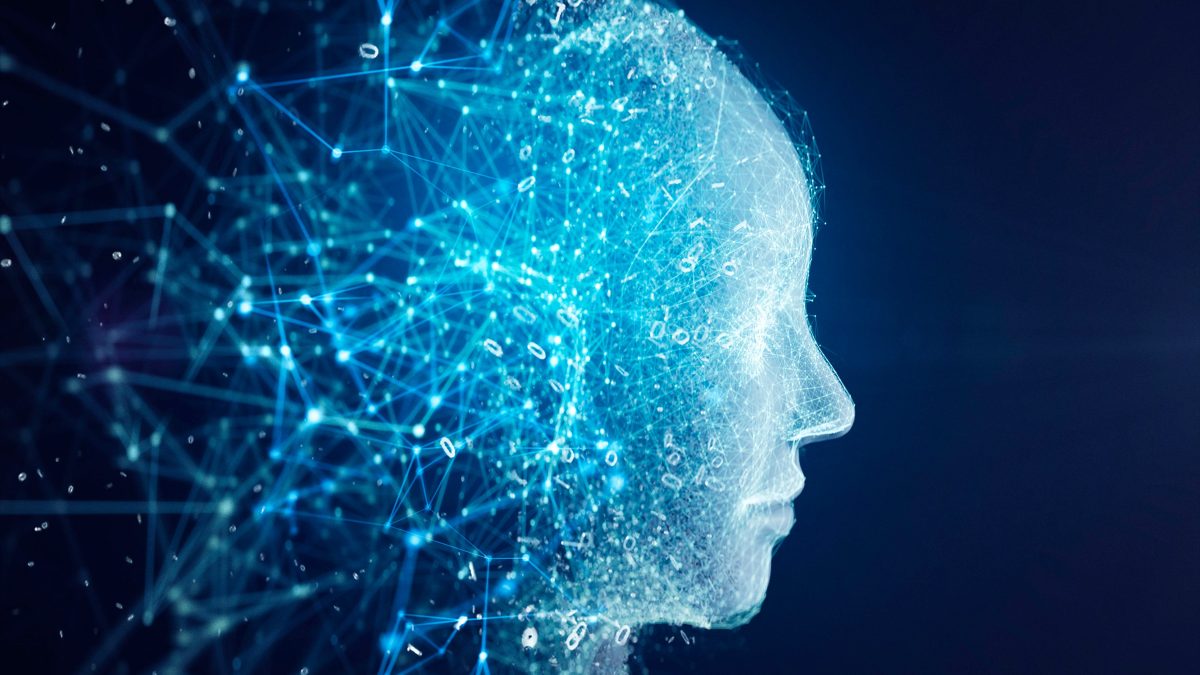
Police brutality
June 27, 2023DEBT RESTRUCTURING AND WHAT IT MEANS FOR THIRD WORLD COUNTRIES: A ZAMBIAN PERSPECTIVE.
July 10, 2023Introduction and background
As described by many scholarly writer’s, Artificial Intelligence (AI) is a machine’s ability to perform the cognitive functions we usually associate with human minds. It is also evident that machines have made life easy for the human species and has since turned science fiction into reality. The use of AI is slowly becoming a normal part of our lives as it is capable of solving and perceiving information like a human being would.
Most of us have used AI without realising that we have, such as Siri which is most common on smartphones. Mackenzie in his Article titled “What is AI?” published on 24th April 2023, said that AI’s are machines that can perform the cognitive functions that we associate with human intelligence such as learning, solving, and reasoning.
It has since become very common and popular for companies and legal practitioners to find themselves using AI in their daily work life. The use of AI technology in drafting of Legal Contracts and review of legal documents has made life more efficient.
On the other hand, the legal profession has several unique characteristics and challenges among them being:
- Advocates are expected to thoroughly research on regulations, legal precedents such as case law and statutes. For someone to be considered a good lawyer, they ought to have very strong analytical skills during their practice of law.
- As Legal Practitioners, we are required to stay updated with the latest legal developments in our practice areas such as the enactment of new legislation and we are required to apply the same accordingly. To encourage professional career developments, the Law Association of Zambia has introduced Committees such as “the Law Reform, Research and Development Committee” and the “Legal Education and Continuous Professional Development Committee” among others.
- As Advocates, we are required to interpret and apply the law to specific situations. The law can be quite complex and as a lawyer, it is necessary to have a deep understanding of the law to be able to navigate the intricacies of the law.
- The legal profession is known for demanding workloads and tight deadlines. As Advocates, we often juggle multiple cases at the same time, and we need to manage our time efficiently to be able to meet our client’s expectations and Court deadlines.
The role of AI in the Legal Profession
AI is being used in different areas of the legal profession, such as legal research, contract drafting, and document review. Since the introduction of AI tools, both Legal Practitioners and members of the public are using this tool to draft legal documents which save both time and effort. AI algorithms can identify patterns, extract key insights, and provide up-to-date information on case law and new legislation.
AI technologies have proven to be very useful in drafting legal documents because they are able to flag potential legal issues which help Advocates to not only streamline the drafting process but also improve the quality of our Contracts. Reviewing of documents has also become very easy and fast as it has reduced on manual labour. AI technology has also proven to be very effective as it classifies information in order of relevance and importance.
Impact on Legal Research
While AI has its benefits in terms of efficiency and accuracy, it is not in any way meant to replace Lawyers. AI tools are meant to complement our legal expertise, providing valuable insights, and enhancing research capabilities. Lawyers still play a vital role in drafting of legislation and legal documents as we make informed judgements based on our expertise and ethical considerations. Lawyers, unlike AI technologies are also able to address concerns regarding AI generated contracts and any human oversight that may occur.
One significant ethical consideration and challenge is that Artificial Intelligence technology has the potential to bolster biases that are present in legal datasets. If the AI algorithms contains biased and discriminatory patterns, then the information that will be generated will contain biased information or discriminatory patterns leading to unequal treatment under the law. It is therefore important for legal practitioners to address any bias in AI systems by continuously monitoring and paying attention to any generated information.
As Advocates we should be aware of the capabilities and limitations of the AI technology used to generate information and verify the sources and quality of the data used by the AI system. Lastly, we should ensure that the data is reliable, up-to-date, and relevant to the specific legal matter at hand.
Prepared by Mibanga Kaselo.
Edited by Saka Kateka.



2 Comments
Insightful
Thank you so much.